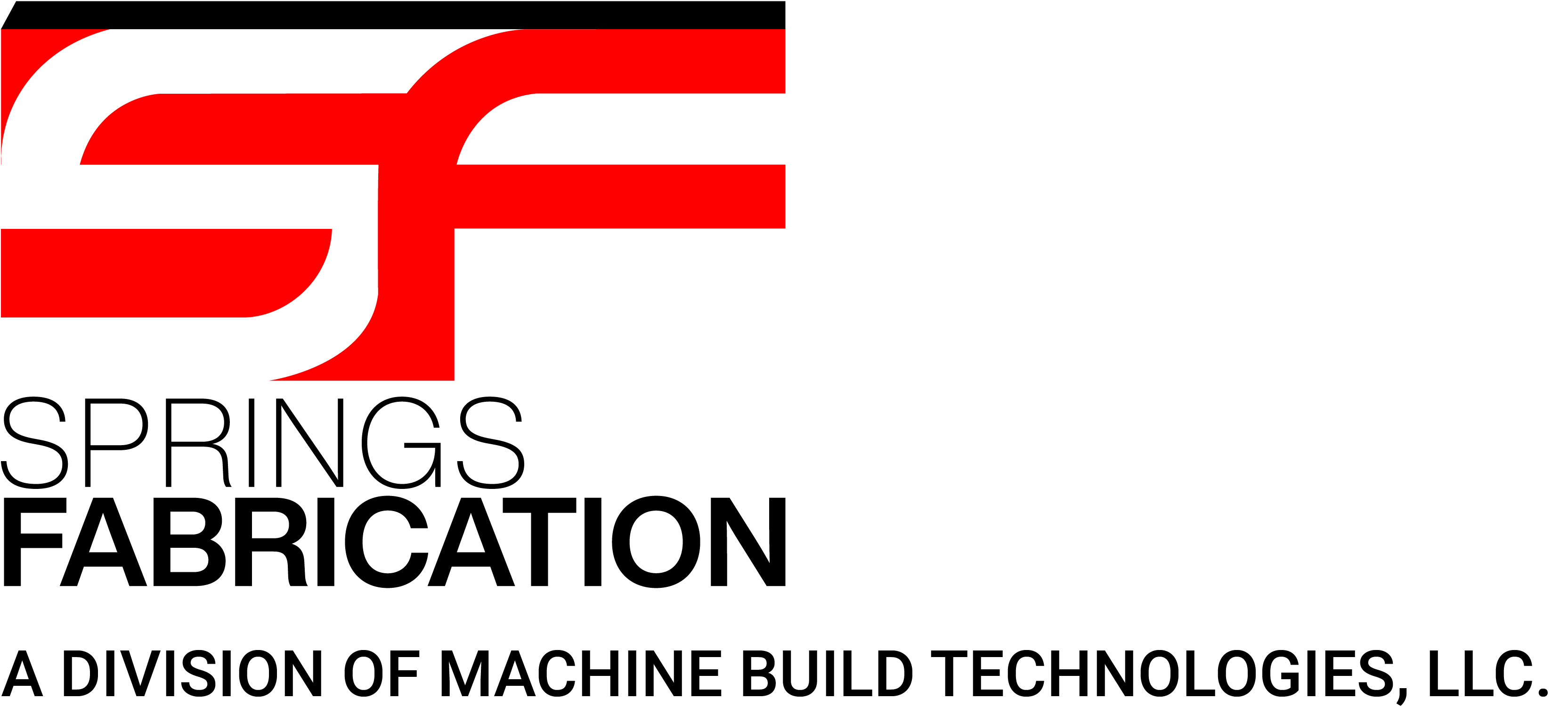ASME Pressure Vessels: Purpose, Design, and Industry Applications
In industrial processing, safety and precision are non-negotiable. One of the most critical components in ensuring both is the ASME pressure vessel—a specially designed container engineered to hold gases or liquids at pressures substantially different from atmospheric levels. But what exactly does "ASME" mean, and why are these vessels so widely used across industries? Let’s break it down.
Understanding ASME Pressure Vessels
ASME stands for the American Society of Mechanical Engineers, the organization responsible for developing the ASME Boiler and Pressure Vessel Code (BPVC). This internationally recognized set of standards governs the design, fabrication, inspection, and testing of pressure vessels and boilers.
An ASME pressure vessel is built in compliance with this code, ensuring that it can safely contain substances under pressure without risk of rupture or failure. These vessels must adhere to rigorous criteria concerning materials, welding, inspection techniques, and safety protocols. When a vessel meets all requirements, it is marked with an ASME “U” stamp, a symbol of certified quality and safety.
Key Design and Safety Features
ASME pressure vessels are more than just metal containers. They are engineered systems incorporating a range of safety and performance features:
-
Code Compliance: Governed by ASME Section VIII, which outlines specific requirements for pressure containment, design stress, and allowable materials.
-
Material Integrity: Built from ASME-approved metals that can endure high stress, temperature, and corrosion.
-
Weld Quality: Welders and welding procedures must be ASME-qualified, with documentation and testing in place.
-
Rigorous Testing: Includes non-destructive examinations such as X-ray, ultrasonic, and hydrostatic testing, all verified by a certified Authorized Inspector.
Common Applications Across Industries
ASME pressure vessels are incredibly versatile and play a critical role in numerous industrial sectors. Here’s how different industries put these high-performance vessels to work:
Oil & Gas
In oil fields and refineries, ASME pressure vessels are used to store natural gas and crude oil under high pressure. They also serve as separation units, surge tanks, and gas scrubbers that help remove impurities from raw materials.
Chemical and Petrochemical
Chemical plants rely on pressure vessels for safe reactions, storage, and blending of volatile or hazardous substances. Reactors, mixing tanks, and distillation columns operating under pressure are all examples.
Power Generation
From steam drums to feedwater heaters and condenser tanks, pressure vessels are integral to maintaining efficient and safe power cycles. These vessels handle superheated steam and pressurized water in both fossil and nuclear power plants.
Food and Pharmaceutical
In these industries, hygiene is as crucial as pressure resistance. Pressure vessels are used for sterilization, fermentation, and sanitary storage, especially in applications like dairy processing and pharmaceutical compounding.
Water and Wastewater Treatment
ASME vessels help maintain system pressure in water filtration plants, act as air receivers in compressed air systems, and serve as digesters in wastewater treatment to promote anaerobic breakdown of sludge.
Aerospace and Defense
In high-tech applications, pressure vessels store cryogenic fuels like liquid oxygen or nitrogen, and manage pressurized fuel systems in rockets and aircraft.
HVAC and Refrigeration
Pressure vessels are essential for maintaining performance in chillers, evaporators, and refrigerant storage. Expansion tanks in heating systems also rely on ASME standards to safely manage thermal fluctuations.
Why ASME Certification Matters
An ASME-certified pressure vessel isn’t just a quality benchmark—it’s a legal and operational necessity. In many jurisdictions, vessels must be ASME stamped to be installed or operated. This certification guarantees:
-
Compliance with legal codes
-
Enhanced safety and reduced liability
-
Improved insurability
-
Assurance of material and fabrication quality
Conclusion
ASME pressure vessels are the backbone of safe and efficient operations in many sectors that deal with high pressures and sensitive materials. Whether in a refinery, a power plant, a pharmaceutical lab, or a wastewater treatment facility, these vessels offer a vital combination of engineering excellence and safety assurance.
For any industry where process reliability, legal compliance, and worker safety are priorities, investing in ASME-certified pressure vessels is not just wise—it’s essential.
